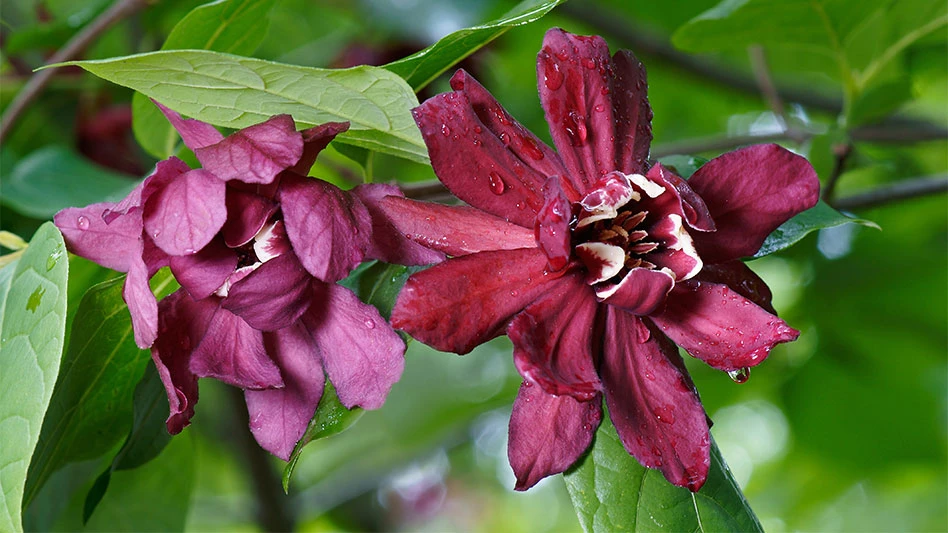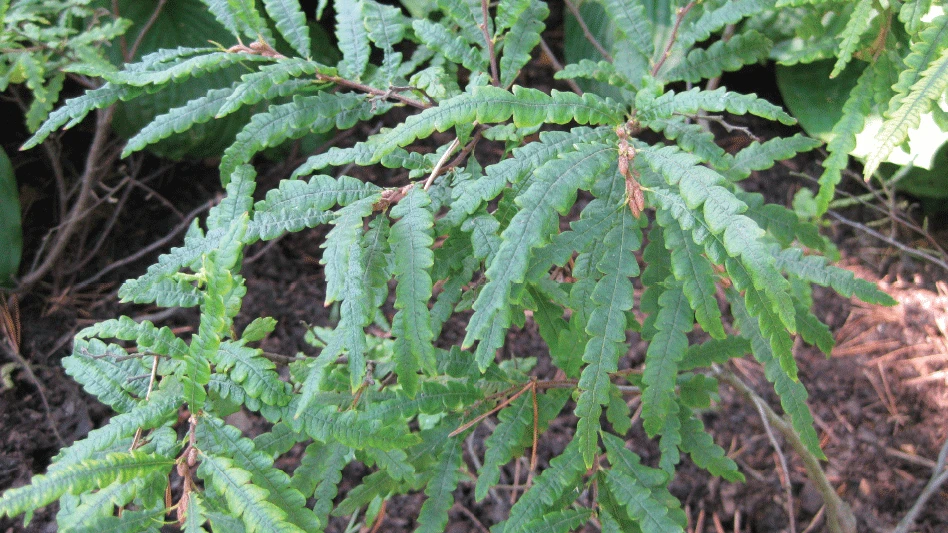
Photos courtesy of Association of Specialty Cut Flower Growers and Spring Meadow Nursery
The Association of Specialty Cut Flower Growers has announced its 2024 Cut Flowers of the Year.
These varieties are chosen by the ASCFG’s 3,000+ members on their ease of culture, productivity and marketability.
The 2024 selections include:
Fresh Cut Flower of the Year: Snapdragon Potomac Appleblossom

Cut Flower Growers
Snapdragon Potomac Appleblossom from PanAmerican Seed features ribbon-candy spikes adorned with sugar pink and white blossoms. The delicate hues create a lovely contrast against the glossy dark green foliage. One Zone 6 grower reported, “‘Appleblossom’ has the best stem strength and length out of every snap cultivar I’ve trialed, plus the colors are lovely and blend well with many other colors. They are insanely productive, throwing multiple flushes throughout the season.” Another reported that “Potomac series changed the snapdragon game — in Zone 7a, mine produced through 90-degree summer heat and overwintered through weeks of single digits, shooting out fresh blooms in spring. ‘Appleblossom’ is probably the most versatile and elegant of the series!” This group 3-4 cultivar does best during the main season, from mid-spring to mid-fall. Grow close together for long, single stem production and further apart for multiple flushes. Does well in the field, tunnels and greenhouses.
Cut Foliage of the Year: Thornless raspberry ‘Joan J’

‘Joan J’ from Burpee produces loads of long stems all season long, from late spring through to a heavy frost. Cut for the foliage or the green berries. One grower said, “I can’t imagine not having this in the field. It’s a favorite source of greenery for mixed bouquets. It’s prolific, easy to grow, trouble free and very reliable.” Another grower said, “One of our top foliage in the field in terms of production and profit from selling direct to florists. So reliable and carefree!” You can leave a few to produce berries. This is a primocane-bearing cultivar, meaning it bears fruit on current year’s growth. Stems that overwinter should flower early in the season, while new stems may flower in the fall. Cold hardy in Zones 4 to 8, but generally does better in the cooler part of its range.
Bulb Cut Flower of the Year: Daffodil ‘Cheerfulness’

Daffodil ‘Cheerfulness’ is very fragrant and great as a cut flower. Multiple blooms per stem combining white and shades of yellow make for a cheerful display in the spring. An ASCFG member shared, “Lovely scent, very fragrant, long enough stems and a cute accent flower for design work! This variety is sure to stand out." Versatile daffodils can be forced as one cut and done flower in greenhouses or tunnels, or grown as a long-lived field perennial. Plants are cold hardy to Zone 5.
Woody Cut of the Year: Brandywine Viburnum

Brandywine from Proven Winners ColorChoice is a highly ornamental witherod viburnum with multi-season uses. Starting in late spring, it bears clusters of foamy white flowers, and glossy green foliage carries it through summer. Late in August, the green berries turn ivory, then vivid pink, then blue. Each berry cluster often displays all three colors simultaneously. As the berries change color, so does the foliage, taking on a vivid red.
The foliage holds up well in water and can be harvested from early June to October. One grower summarized it advantages: “I love the full seasonality of the Brandywine Viburnum. I love the pinkish spring flowers, the leaf coloring and the two-tone berries.” This native of Eastern North America is cold hardy in Zones 5 to 9 and tolerates wet sites on the farm. While a pollinator is not required for fruit set, growing another related Viburnum nudum variety nearby will likely increase fruit set.
Selected for its more refined, compact habit (5 to 6 feet tall and wide, compared to 10-plus feet in the wild) and abundant flowers and berries, it does not require a different variety to pollinate it; however, it serves to pollinate the variety ‘Winterthur,’ in which case both plants will bear abundant fruit.
Latest from Nursery Management
- How impending tariffs and USDA layoffs impact the horticulture industry
- Shifting the urban environment
- These companies are utilizing plastic alternatives to reduce horticultural waste
- How to create a sustainable plant nursery
- Lamiastrum galeobdolon ‘Herman’s Pride’
- One of rarest plants on earth: Tahina spectabilis
- Leading Women of Horticulture: Angela Labrum, Bailey Nurseries
- Get to know Pat Reilly with NewGen Boxwood and the American Boxwood Society





